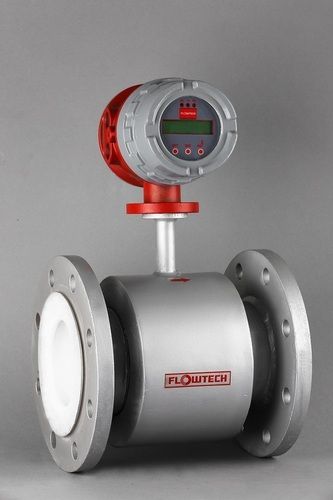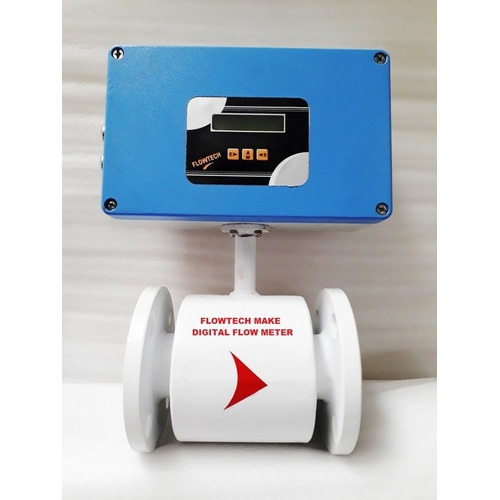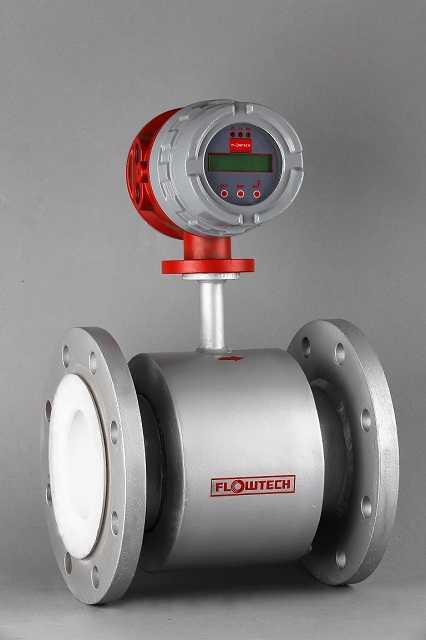Effluent Water Flow Meter
Price 18000.00 INR/ Piece
MOQ : 1 Piece
Effluent Water Flow Meter Specification
- Material
- SS
- Frequency (MHz)
- 50 Hertz (HZ)
- Protection System
- IP65
- Size
- Standard
- Color
- White Blue
- Warranty
- 1 Year
Effluent Water Flow Meter Trade Information
- Minimum Order Quantity
- 1 Piece
- Payment Terms
- Paypal, Cash Against Delivery (CAD), Cash on Delivery (COD), Cash Advance (CA), Cash in Advance (CID), Cheque, Letter of Credit at Sight (Sight L/C), Telegraphic Transfer (T/T), Letter of Credit (L/C)
- Supply Ability
- 50 Pieces Per Week
- Delivery Time
- 1 Week
- Main Domestic Market
- , All India, South India, Central India, West India, North India, East India, Gujarat, Karnataka, Kerala, Lakshadweep, Mizoram, Meghalaya, Manipur, Andhra Pradesh, Bihar, Chandigarh, Daman and Diu, Goa, Jharkhand, Odisha, Punjab, Assam, Delhi, Dadra and Nagar Haveli, Andaman and Nicobar Islands, Arunachal Pradesh, Chhattisgarh, Haryana, Himachal Pradesh, Jammu and Kashmir, Madhya Pradesh, Maharashtra, Nagaland, Rajasthan, Sikkim, Tamil Nadu, Telangana, Tripura, Pondicherry, Uttar Pradesh, Uttarakhand, West Bengal
About Effluent Water Flow Meter
The exact measurement of electrically conductive liquids in closed pipe systems, where the magnetic flux permeates the full cross-sectional area of the liquid flow, is possible with the aid of effluent water flow meters. These electromagnetic flow meters measure electromotive forces, calculate flow rates using the conductivity equation, and determine liquid velocity using Faradays law of electromagnetic induction. Effluent Water Flow Meters are designed to work with liquids that conduct electricity at a minimum of 5 micro Siemens per centimeter.Effluent Water Flow Meter Features: It uses Faradays law of electromagnetic induction for operation.It provides exact measurement.It calculates flow rates using the conductivity equation.Working Principle of Effluent Water Flow Meter: This is working on the principal of faradays law which states that when a conductor moves through a magnetic field of a given strength a voltage is produced in the conductor and proportion to the relative velocity between the conductor and the magnetic field.Effluent Water Flow Meter Technical Detail: Nominal Da (mm) : 15 to 1400mmElectrode Material : SS 316, SS 316L, Hastelloy, & TantalumMaterial of Construction : MS, SS 304, SS 316 & SS 316LProcess Pressure : Max. 25 kg/cm2Flow Tube Material : SS 316Process Temperature : Max. 150CEnd Connection : Flange/WaferFlange- Standard : ANSI B 16.5 150 #RF / 300 # RFMeasuring Range : 0.5 m/sec for Minimum & 5m/sec for MaximumOptional: +/-0.5% FSD.Accuracy : +/- 1% FSDRepeatability : 0.3%Display : 2 Line Alfa Numeric LCD Output : Std. 4 - 20 mA / RS 485 / Pulse / HARTProtection Class for Transmitter : IP 65Protection Class for Sensor : IP 65Installation : Inline Flange Type.Cable Length for Remote : 30 metersFAQs - Effluent Water Flow Meter: What are the benefits of employing an effluent water flow meter?Effluent water flow meters have a number of advantages. They are appropriate for detecting electrically conductive liquids, have a wide variety of applications, and are relatively resistant to temperature, pressure, viscosity, and density fluctuations in the flowing liquid. They also give precise and dependable flow readings.What kinds of liquids can an effluent water flow meter measure?Effluent water flow meters are developed particularly for measuring electrically conducting substances. Water, different aqueous solutions, wastewater, industrial effluents, and other conductive fluids are examples of this.Are variations in the temperature, pressure, viscosity, or density of the liquid being monitored affecting effluent water flow meters?Temperature, pressure, viscosity, and density fluctuations in the moving liquid have little influence on effluent water flow meters. Under these changing circumstances, their measurements remain precise and dependable.What is the bare minimum conductivity for a liquid measured by an effluent water flow meter?For reliable readings, an effluent water flow meter must have a minimum conductivity of 5 micro Siemens/cm. FAQs of Effluent Water Flow Meter: Q: What is the use of the Effluent Water Flow Meter? A: The Effluent Water Flow Meter is used to measure the flow rate of effluent water from industries and sewage treatment plants. Q: What is the material used to make the meter? A: The meter is made of high-quality SS material that ensures its durability and long-lasting performance. Q: What is the frequency of the meter? A: The frequency of the meter is 50 Hertz (HZ). Q: Is the meter resistant to external elements? A: Yes, the meter comes with an IP65 protection system that makes it resistant to dust, water, and other external elements. Q: What is the warranty period for the meter? A: The meter comes with a 1-year warranty that ensures complete customer satisfaction.
FAQs of Effluent Water Flow Meter:
Q: What material is the flow meter made of?
A: The Effluent Water Flow Meter is made of stainless steel (SS) for enhanced durability and resistance.Q: What level of protection does this product provide?
A: The flow meter is equipped with an IP65 protection system, offering resistance against dust and water.Q: What frequency does the flow meter operate at?
A: It operates at 50 Hertz (Hz) for reliable and accurate functionality.Q: What is the warranty period for this product?
A: The Effluent Water Flow Meter comes with a 1-year warranty.Q: What is the color design of the product?
A: The flow meter features a white-blue color scheme.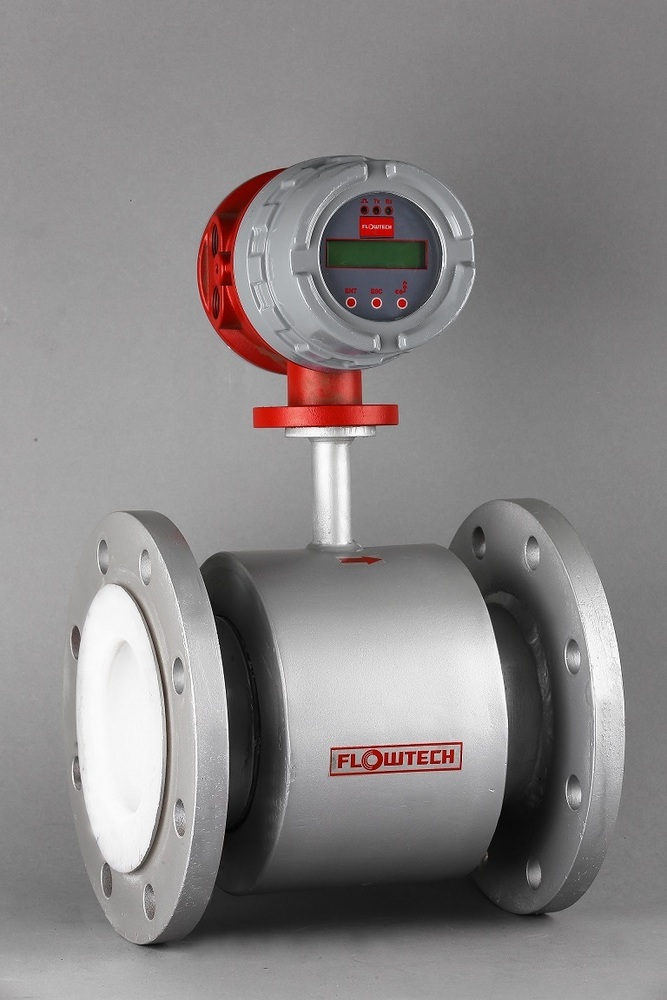
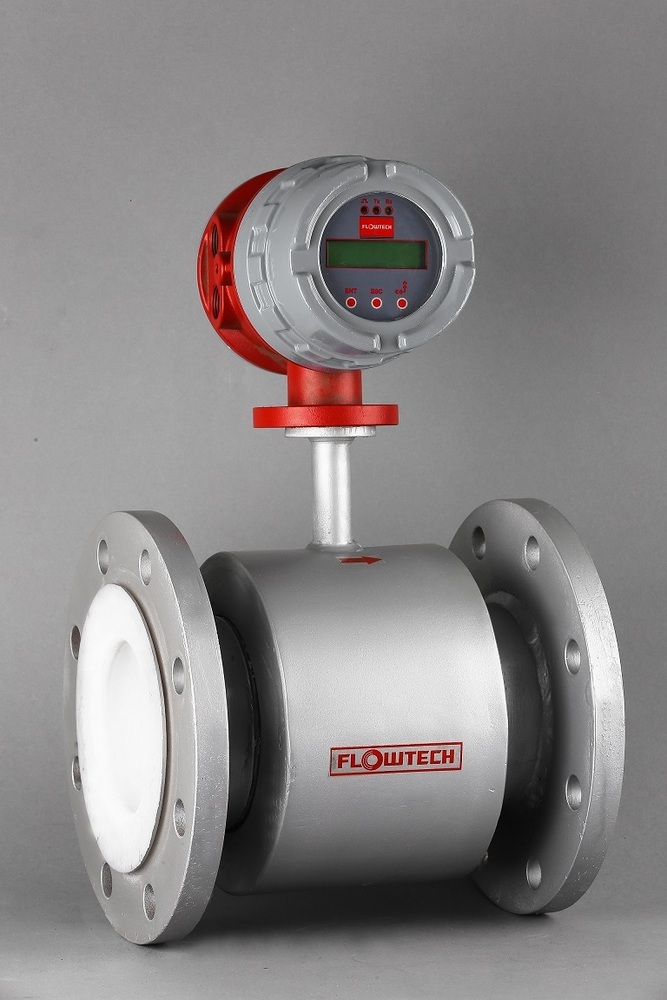
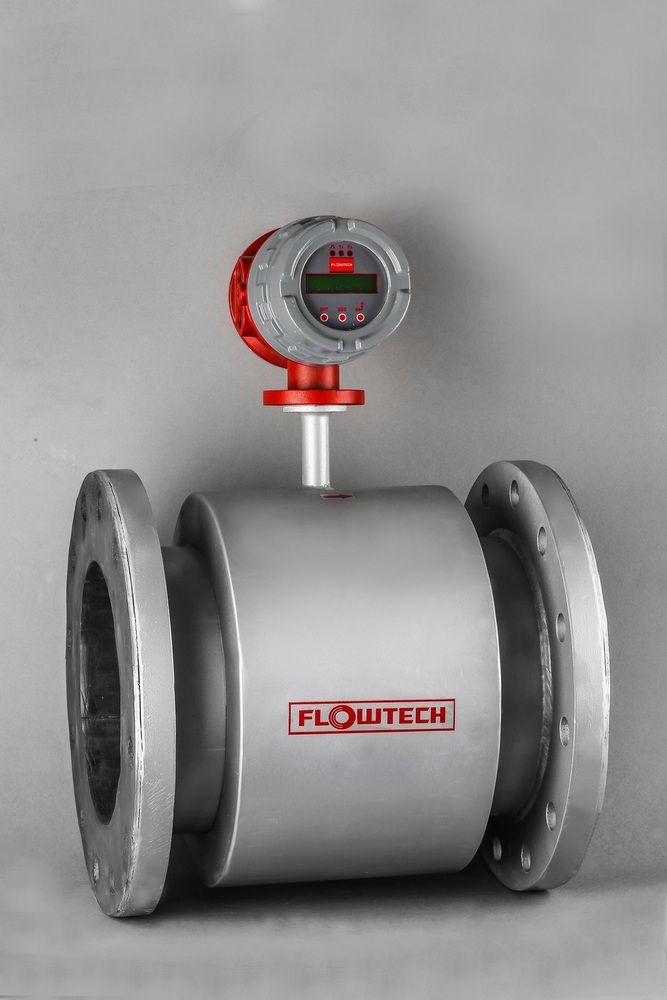
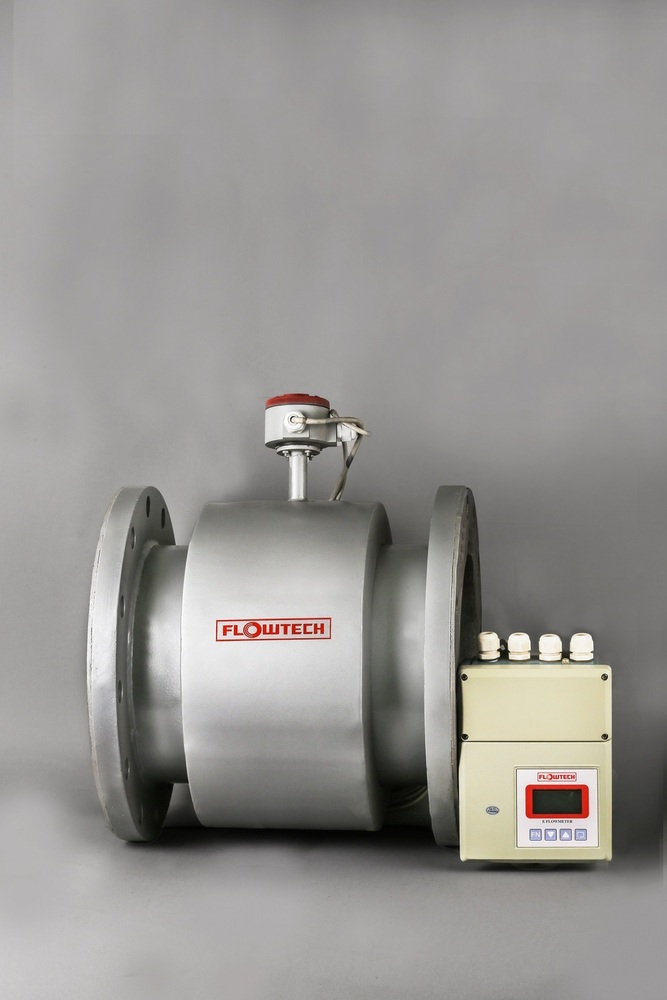
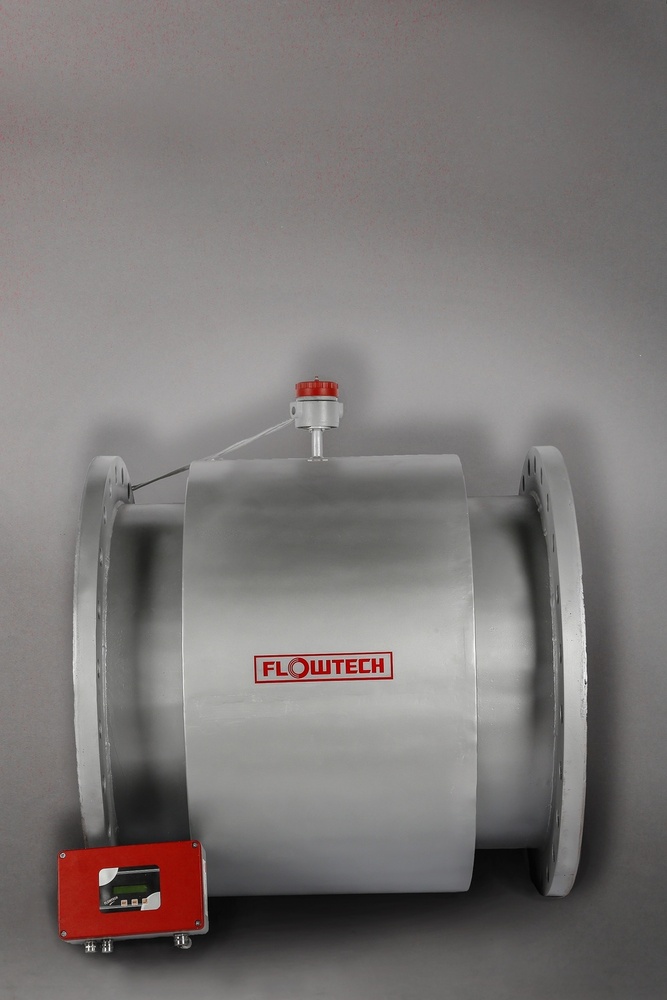
Tell us about your requirement

Price:
Quantity
Select Unit
- 50
- 100
- 200
- 250
- 500
- 1000+
Additional detail
Mobile number
Email
More Products in Electromagnetic Flowmeter Category
Industrial Water Flowmeter
Price 25000.00 INR / Piece
Minimum Order Quantity : 10 Pieces, Piece
Material : Stainless Steel
Color : Blue & Silver
Operating Temperature : 20C to +80C
Size : DN15 to DN600
Flocounter Economical Digital Water Flow Meter
Price 2200.00 INR / Piece
Minimum Order Quantity : 150 Pieces, Piece
Material : Engineering Plastic Body
Color : Blue / White
Operating Temperature : 0C ~ 40C
Size : DN15 to DN50
Electromagnetic flowmeters
Price 18000.00 INR / Piece
Minimum Order Quantity : 1 Piece
Material : Stainless Steel
Operating Temperature : 10C to +60C Celsius (oC)
 |
FLOWTECH MEASURING INSTRUMENTS PVT. LTD.
All Rights Reserved.(Terms of Use) Developed and Managed by Infocom Network Private Limited. |

 English
English Spanish
Spanish French
French German
German Italian
Italian Chinese (Simplified)
Chinese (Simplified) Japanese
Japanese Korean
Korean Arabic
Arabic Portuguese
Portuguese

 Send Inquiry
Send Inquiry
